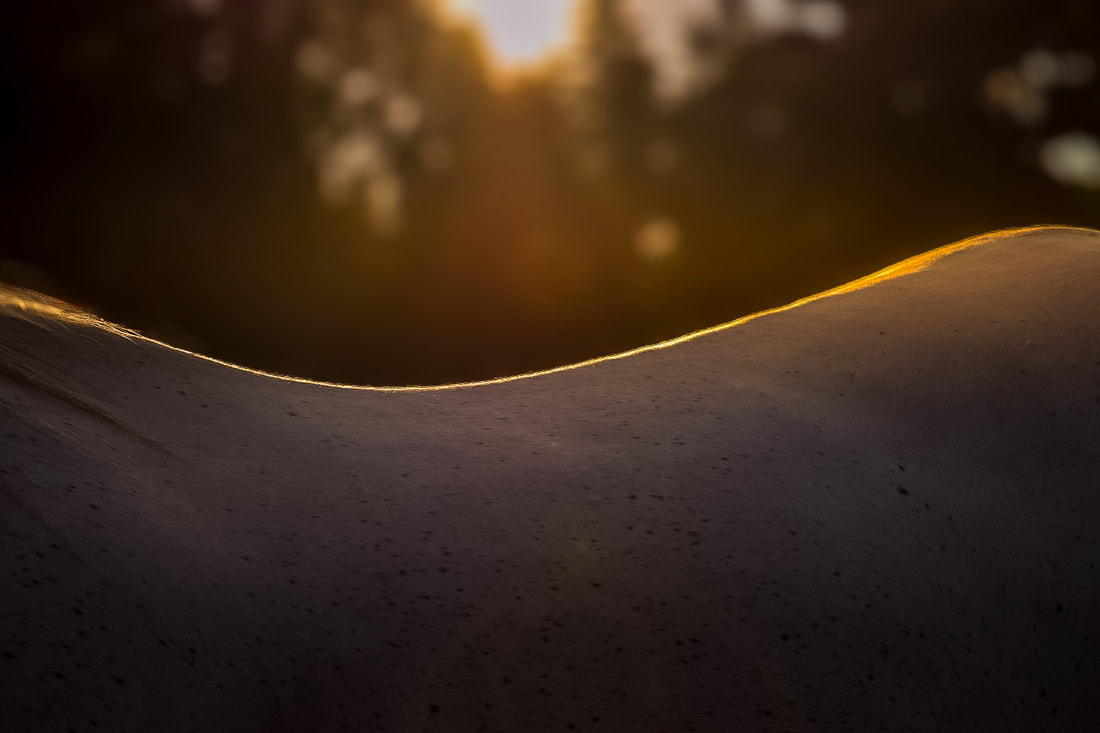|
The Power of One Small Thing One small thing to remind me that I can do anything I put my heart to.
|
Lynda J WatsonA sacred welcome to my space of sharing. Here you might find something on horses or something about dogs and always something connected to humanity. Our relation to the world around us and all that is. I write what is in my heart for it wishes not to remain there but to be shared with the world. We all have a special path, authentic voice and unique reason to be and these posts are my path, my voice and my reason to be. Archives
June 2025
Categories |
Site powered by Weebly. Managed by Netfirms



 RSS Feed
RSS Feed